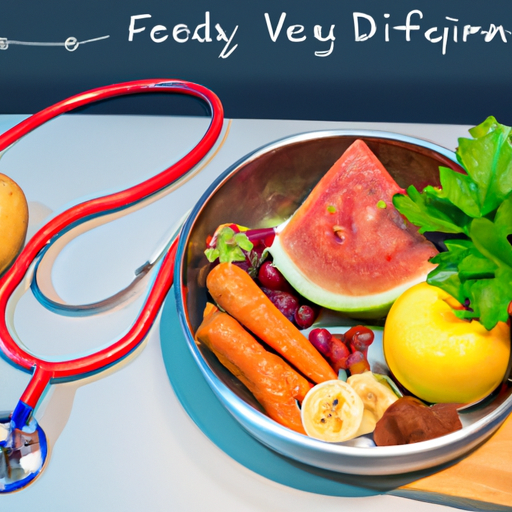Caring for a dog with urinary problems requires a specialized diet and careful consideration. This article aims to provide you, the dedicated caregiver, with the knowledge to make informed decisions about your beloved pet’s diet.
Understanding Canine Urinary Problems
Urinary problems in dogs can range from urinary tract infections to bladder stones. These conditions can cause discomfort and lead to serious health issues if not properly addressed. Often, a change in diet can help manage these conditions and promote a healthier urinary tract.
Key Considerations for a Canine Urinary Diet
When planning a diet for a dog with urinary problems, consider the following aspects:
-
Water Intake: Hydration is key to maintaining a healthy urinary tract. Ensure your dog has constant access to fresh water.
-
Protein Content: High protein diets can lead to an increased concentration of certain minerals in the urine, which can exacerbate urinary problems. Opt for a diet with moderate protein content.
-
Mineral Content: Diets high in certain minerals can contribute to stone formation. Look for diets that have controlled levels of calcium, phosphorus, and magnesium.
-
Acidity and Alkalinity: The pH balance of your dog’s urine can affect stone formation. Depending on the type of urinary problem, your vet may recommend a diet that promotes either acidic or alkaline urine.
-
Fiber: Some studies suggest that fiber can help reduce the incidence of urinary problems in dogs.
Recommended Foods for Dogs with Urinary Problems
Depending on the nature of your dog’s urinary problem, you may want to consider the following foods:
| Food | Benefits |
|---|---|
| Wet dog food | High moisture content helps hydrate the urinary tract |
| Prescription diets | Formulated to promote urinary health |
| Fresh fruits and vegetables | Natural sources of fiber and water |
| Lean meats | Provide necessary protein without excess minerals |
Remember, always consult your vet before making major changes to your dog’s diet.
Foods to Avoid
Avoid feeding your dog foods high in certain minerals and salts, such as:
- Processed meats like bacon or ham
- Foods high in oxalates like spinach, beetroot, or strawberries
- High-sodium foods like canned soups or broths
Frequently Asked Questions (FAQ)
Q: Can diet alone treat my dog’s urinary problems?
A: Diet can help manage urinary problems but may not be enough to treat the condition. Always consult your vet for a comprehensive treatment plan.
Q: How can I tell if my dog has a urinary problem?
A: Common signs include frequent urination, difficulty urinating, and blood in the urine. If you notice these symptoms, contact your vet.
Q: Can all dogs eat the same diet for urinary problems?
A: No, the ideal diet depends on the specific urinary problem. Always follow your vet’s advice.
Caring for a dog with urinary problems can be challenging, but with the right diet and medical care, your furry friend can live a comfortable and happy life.



